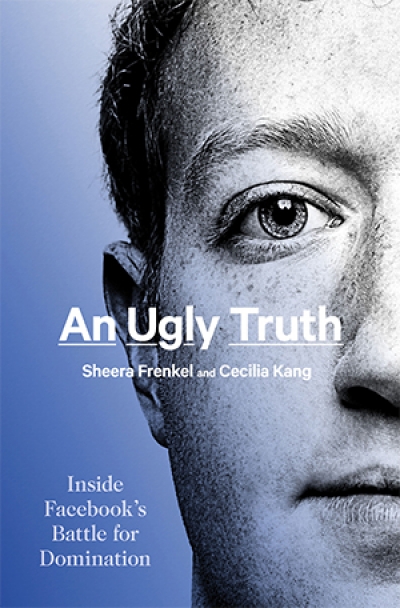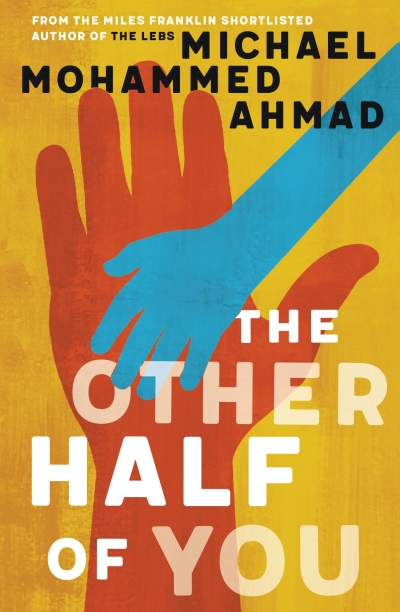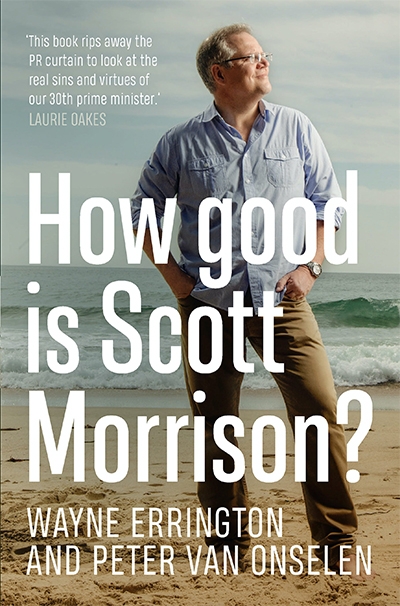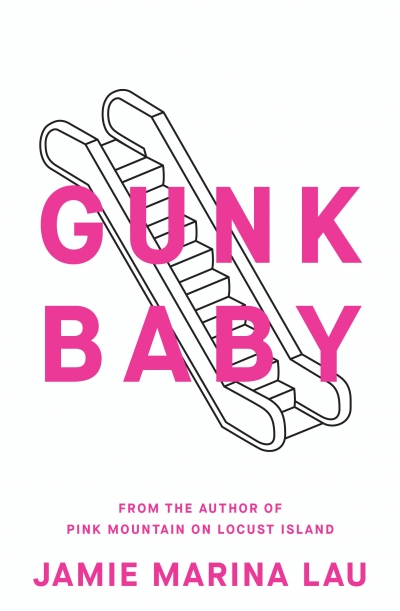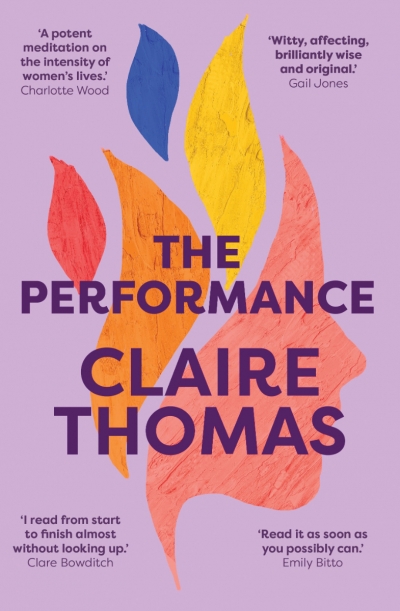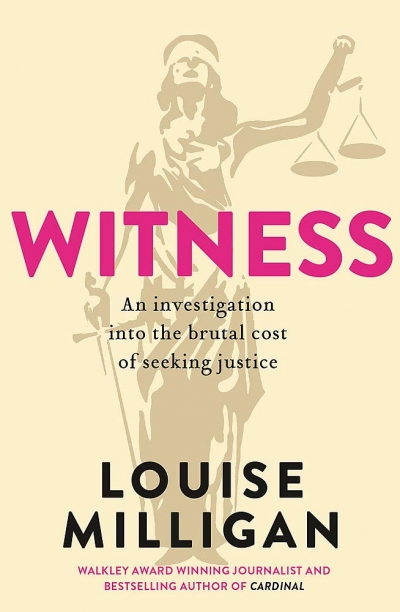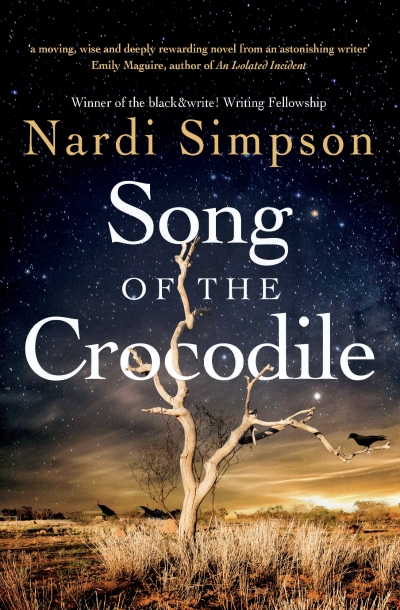Hachette
One of the hardest challenges for a novelist is to write a story for adults from the point of view of a child. In 1847, Charlotte Brontë set the bar high with Jane Eyre, the first novel to achieve this. The story ends when Jane is a woman but commences with the child Jane’s perspective. So effective for readers was Brontë’s ground-breaking feat that Charles Dickens decided to write Great Expectations in the voice of the child Pip, after just hearing about Jane Eyre, even before reading it. But the risks are great: creating a child narrator who knows, tells, or understands far too much for their age; dumbing down the story to fit with the character’s youth; striking the wrong notes by making the voice too childish or not childlike enough. It’s a minefield, and any novelist, especially a debutant, who pulls it off deserves praise. Thus Harper Lee, who never had to produce another book to maintain her legendary status.
... (read more)Scott Morrison has now been prime minister longer than any of his four predecessors: Kevin Rudd, Julia Gillard, Tony Abbott, or Malcolm Turnbull. He has won one election by the skin of his teeth and faces another by May next year. So what sort of man is he and how good a prime minister? These three publications give us slightly different takes on these questions.
... (read more)One of the hardest challenges for a novelist is to write a story for adults from the point of view of a child. In 1847, Charlotte Brontë set the bar high with Jane Eyre, the first novel to achieve this. The story ends when Jane is a woman but commences with the child Jane’s perspective. So effective for readers was Brontë’s ground-breaking feat that Charles Dickens decided to write Great Expectations in the voice of the child Pip, after just hearing about Jane Eyre, even before reading it.
... (read more)
